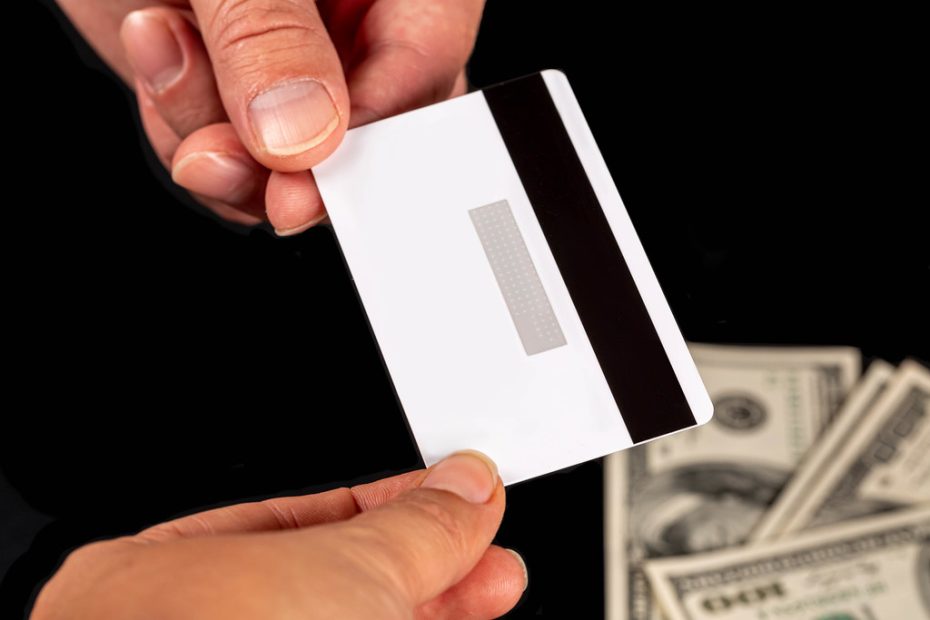Whether you are taxed on money transfers to Australia is determined by your residency status, the origin of the funds, and Australian Taxation Office regulations.
We’ll go over the most common reasons why money is sent from overseas to Australia:

Moving to Australia for the first time
According to the Australian Tax Office (ATO), any amount of money you bring into Australia as a newcomer is tax-free. However, once you become an Australian citizen, you will be taxed on funds sent into your Australian bank account.
When transporting cash worth more than A$10,000, it must be declared to customs. When asked, bearer negotiable instruments such as traveller’s cheques, money orders, promissory notes, postal orders, and personal cheques must all be declared regardless of the amount.
Income earned from overseas sources
Australian residents are taxed on their worldwide income, whether it is business revenue, overseas investment income, foreign employment earnings, foreign pension and annuities, or capital gains from overseas assets.
Also, keep in mind that you may have to pay tax in two countries depending on your residency status. Australia has double tax treaties with more than 40 countries, ensuring that there is only one taxation rate regardless of the amount of money earned. Check whether you’re subject to a tax treaty.
The Australian Taxation Office has a Foreign income conversion calculator to assist you to figure out your income in Australian dollars.
Inheriting money from overseas
Transferring an inheritance from another country is usually not taxable. You become responsible for the deceased person’s tax issues if you are the executor of an estate or will.
If you deposit the inherited funds into an investment, any dividends or interest will be subject to tax.
Gift taxes in Australia
A gift isn’t taxed in Australia if it’s the result of an international money transfer, such as a telegraphic transfer for a present. Because a gift is one-time, it is not taxed. However, the ATO states that not all payments made by your contributors are gifts.
It’s a good idea to double-check the restrictions that apply to any money you get from foreign sources in your Australian bank account. On the Australian Taxation Office (ATO) website, the tax obligations you must be aware of are clearly defined. If you need further help, call the ATO or use their chatbot, ask questions in the ATO community forum, or consult an accountant.

Bringing money into Australia
‘While entering and leaving Australia, travellers may bring in an unlimited amount of money,’ AUSTRAC says. ‘Travellers must declare any amount of $10,000 or more Australian dollars or foreign currency equivalent.’
If you’re paying by bank transfer, the bank or money transfer firm will most likely do this declaration for you. Make sure you compare exchange rates and fees before making the transmission to avoid any hidden costs.
ATO foreign exchange rates
‘All foreign income, deductions, and foreign tax paid must be translated (converted) to Australian dollars before being included in your return,’ the ATO says.
The Australian Taxation Office itself offers foreign exchange rates, but it adds that “you may use any reasonable externally sourced exchange rate for that currency if you need a foreign exchange rate for a currency not listed in the schedule.”
